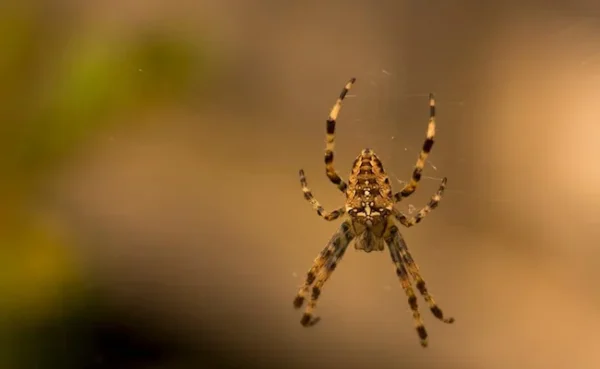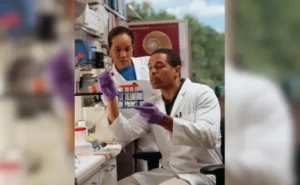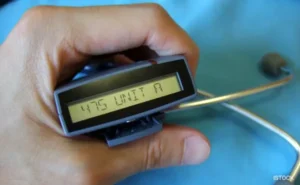
He underwent an emergency surgery, that saved his life.
Nigel Hunt, a 59-year-old British man from the Isles of Scilly, survived a minor spider bite that later proved fatal. While lying in bed at home on August 30, Mr Hunt was bitten on the stomach by a potentially deadly spider. Initially, he felt no pain and thought nothing of it. However, four days later, while on holiday in Sharm el-Sheikh, Egypt, he became seriously ill, the BBC reported. He was rushed to hospital, where doctors operated on his stomach after suspecting an abscess.
However, further diagnosis revealed something much more serious—necrotizing fasciitis, a rare and life-threatening condition known as the “flesh-eating disease.” He then underwent emergency surgery, which saved his life.
Talking about the incident, he said, “After arriving at the airport and going through check-in, we left for departure. At this point, everything seemed to get worse very quickly, from getting sick in the departure lounge to having my head in a sick bag for most of the journey. Upon arriving in Sharm El Sheikh, we collected our luggage and headed to the pharmacy to get some antibiotics or something to relieve the illness. They prescribed some things and the next day we went to the hospital to get the same medicine.”
“The next two days it started getting worse, so we went to a different hospital in Hadaba, where I immediately had a blood test and an ultrasound scan. We then waited for a few hours for the doctor to check the results. He called us and said it was good that we came, because the bite was caused by a false widow or brown spider,” he added.
According to the NHS website, necrotising fasciitis is a rare and life-threatening infection that can occur when a wound becomes infected and must be treated immediately in hospital.
Mr Hunt credits his second hospital visit with saving his life. “If I hadn’t gone to hospital for a second check within that crucial 6-10 day period, I wouldn’t be alive today,” he recalls.
Although he is on the road to recovery, Mr Hunt still faces a long journey ahead. His wound remains open, requiring regular dressing changes every few days.
He has also issued a stark warning to his fellow residents of the Isles of Scilly. “I think it’s important to alert everyone to be vigilant and check for spiders,” he stressed.

Continuing the achievement of the journey of effectiveness and credibility of more than 10 years in the career of journalism, as a woman journalist, I am Serving as the founder, promoter and editor of DiaryTimes with the trust and support of all. My credible coverage may not have given a big shape to the numbers, but my journey presents articles that make you aware of the exact and meaningful situations of Himachal’s politics, ground issues related to the public, business, tourism and the difficult geographical conditions of the state and financial awareness. DiaryTimes, full of the experience of my precise editorial expertise, is awakening the flame of credible journalism among all of you, so that the eternal flame of meaningful change can be lit in the life of the people of the state and the atrocities being committed against the people can be brought to the fore, I am motivated for that. If even a small change comes with the power of my journalism and the whole world becomes a witness to that issues, then I will consider myself fortunate.









